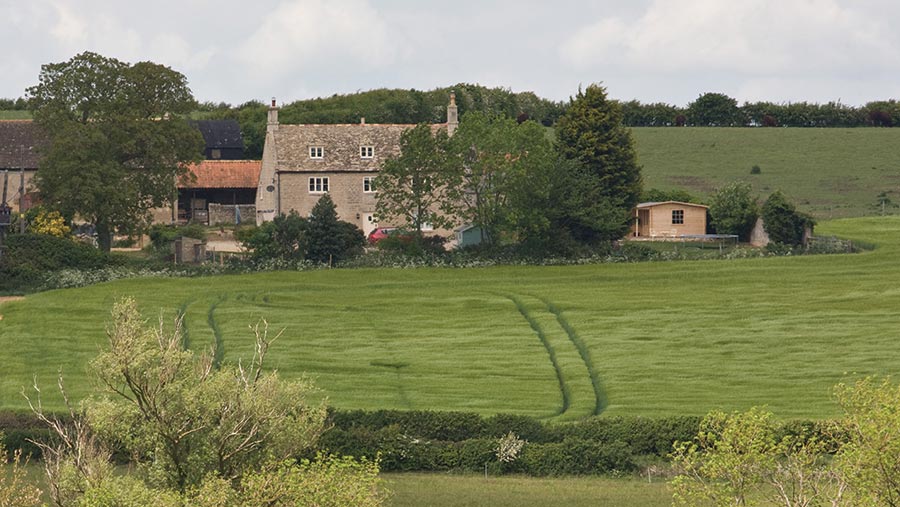Landlords advised to apply for property energy rules exemption
 © Tim Scrivener
© Tim Scrivener Farmers who rent out listed and heritage properties are being reminded they can seek a temporary exemption to avoid having to comply with new energy efficiency rules.
Confusion remains about the Minimum Energy Efficiency Standards (MEES) that were first introduced in 2018, says land agent Strutt & Parker.
These normally require landlords to have an Energy Performance Certificate (EPC) rating of E or above on all their rented properties, but in some circumstances a five-year exemption can be granted to give additional time to do work.
See also: The land opportunities for farmers in a post-lockdown world
“Landlords of such properties can find themselves in a tight corner when juggling new EPC obligations and the costs of carrying out comprehensive schedules of work to increase EPC ratings,” says Russell de Beer, director in the Norwich office of Strutt & Parker.
“However… rural landlords can apply for one of six different exemption types and we have successfully registered several listed and period homes using this exemption service.”
Exemptions were granted on the basis that a recommended wall insulation measure would have a negative impact on the building or that the property would be devalued by more than 5% by the installation of a recommended measure, he said.
“Although some capital expenditure may be necessary before successfully registering an exemption, landlords should be reassured that a portfolio of listed or heritage properties need not be written off as unsuitable for future tenancies,” he added.
More information on all six of the exemption criteria is available on the Department of Business, Energy & Industrial Strategy website.
